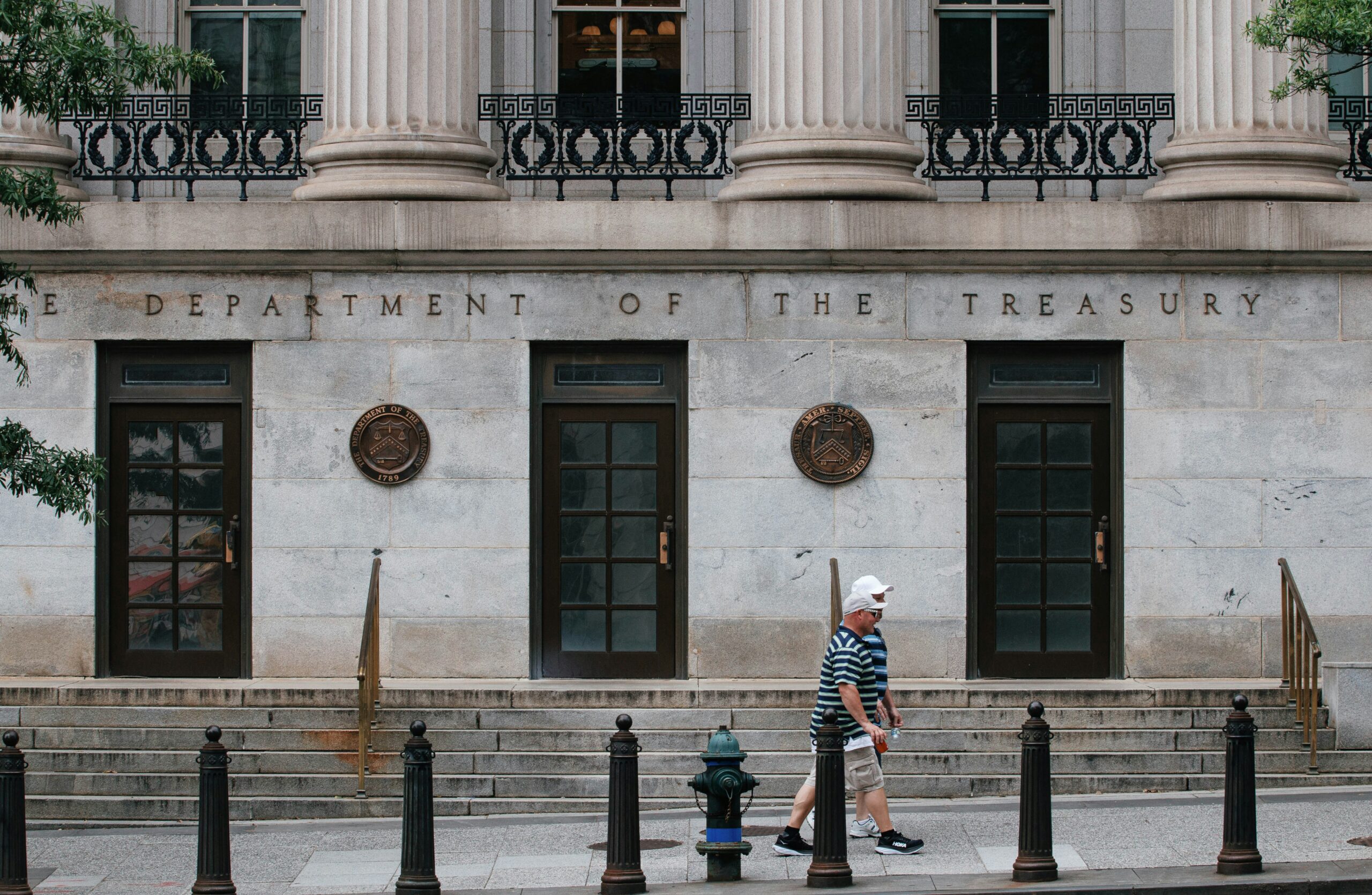UK Chancellor of the Exchequer Rachel Reeves outlined her long-term fiscal strategy on Wednesday, aiming to reassert control over the national conversation and reassure the public that change is underway under the Labour government.
“We are renewing Britain,” Reeves declared in Parliament. “But I know that too many people in too many parts of our country are yet to feel it. This government’s task, my task as Chancellor, and the purpose of this spending review, is to change that.”
Since Labour’s return to power in July after 14 years in opposition, Reeves has faced criticism over the party’s flagging approval ratings. In response, she presented her first comprehensive spending review — focused solely on expenditure, with no new tax measures — in an effort to demonstrate progress and commitment to campaign promises.
Central to her announcement was a significant £190 billion ($260 billion) allocation to revitalise public services weakened by years of austerity measures following the 2008 financial crisis. The additional funding is designed to shore up key areas like healthcare, national defence, and housing.
The National Health Service (NHS), often regarded as the cornerstone of British society, is set to receive a major injection of funds to help it recover from chronic underinvestment. Meanwhile, defence spending will also rise, reaching 2.6% of GDP by 2027 — a higher target than previously set.
Housing policy also featured prominently, with £39 billion pledged over the next decade for social housing. The government aims to construct 1.5 million new homes by the next general election, which must occur no later than mid-2029.
However, not every department fared well. Budget allocations for the Home Office, Foreign Office, and culture sector are expected to diminish in real terms once inflation is taken into account. These cuts may affect policing, asylum housing, and cultural initiatives.
Reeves emphasized that all proposed investments align with her strict fiscal discipline. She reaffirmed her commitment to avoiding borrowing for day-to-day expenditures and to bringing down the national debt as a share of GDP by the end of this parliamentary term.

